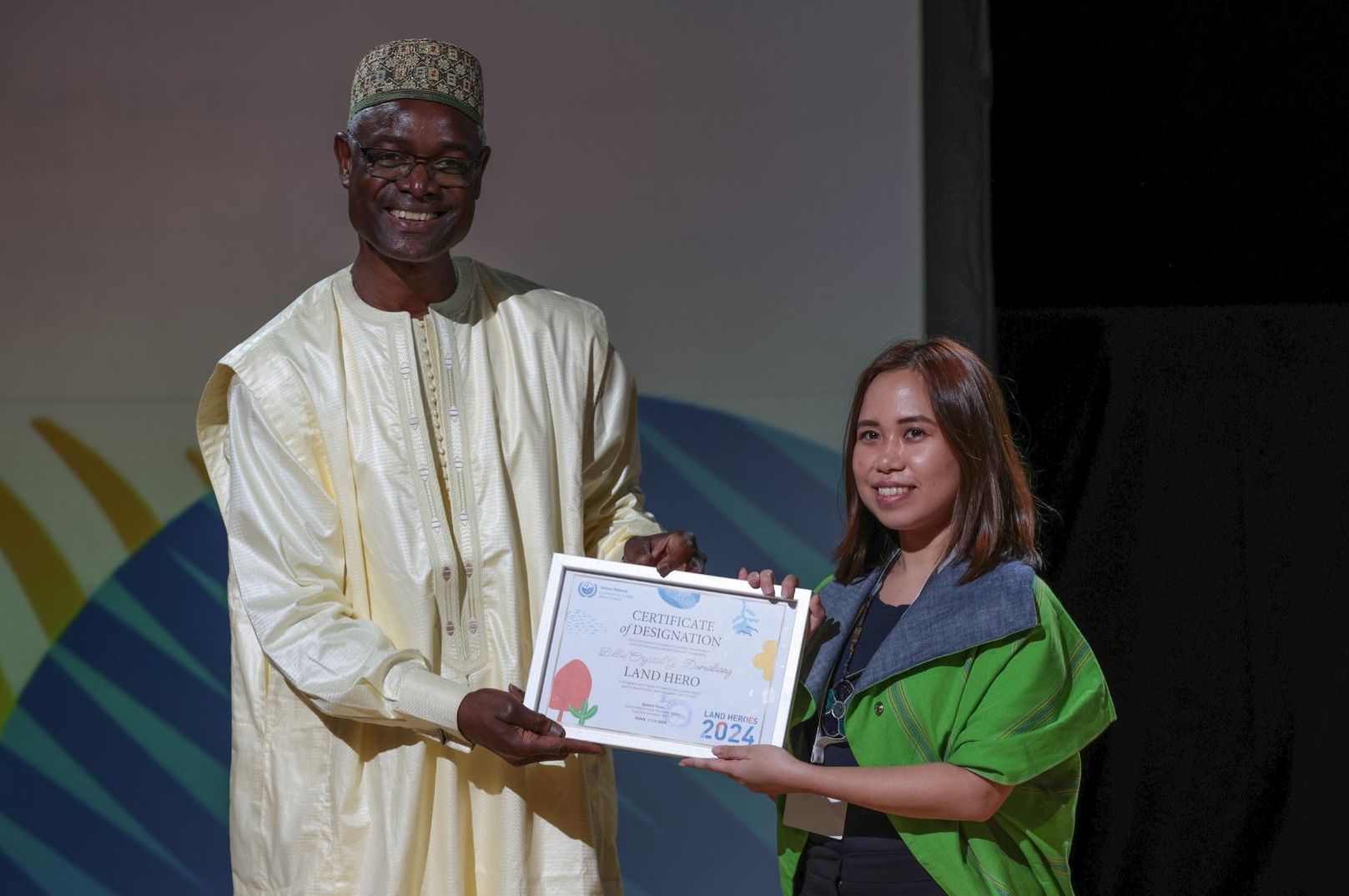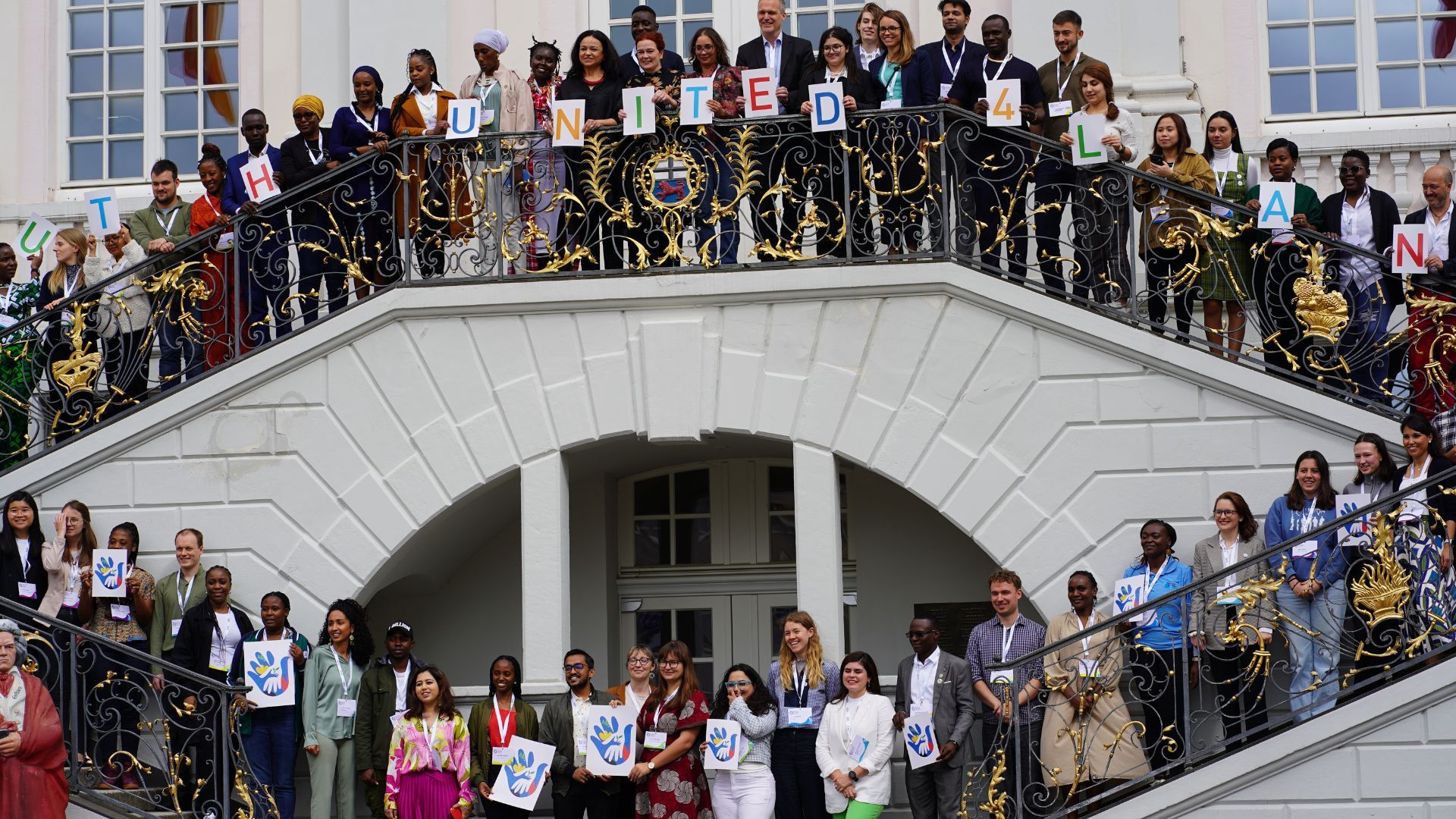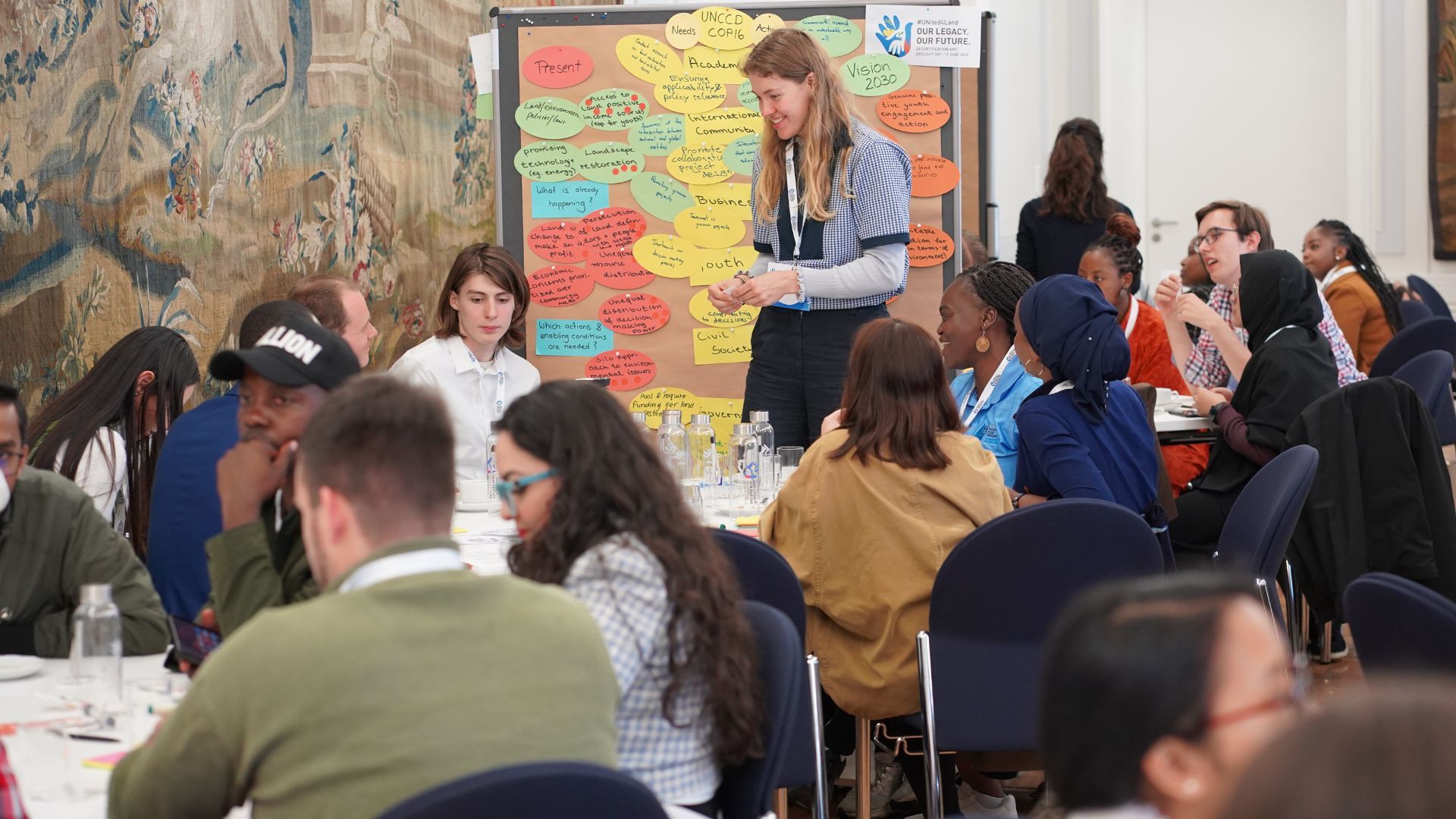I am writing this column in Bonn, Germany, following the global observance event conclusion of the 2024 United Nations Desertification and Drought Day. I had the honor of being invited to this event and was formally designated as one of 10 “Land Heroes” — young leaders under 35 who are spearheading land restoration initiatives in their respective countries.
These "Land Heroes" will serve as ambassadors of the UN’s land agenda for the next two years. Our cohort includes a young AI scientist from the US, an environmental lawyer from Brazil, an engineer restoring mangroves in Costa Rica, and an advocate leading Africa's one billion trees initiative. I was recognized for my work at the Masungi Georeserve Foundation, which manages a 2,700-hectare reforestation project in Rizal Province.

The United Nations Convention to Combat Desertification (UNCCD) is often considered the least known among the three “Rio Conventions” established at the 1992 Earth Summit in Rio de Janeiro — so much so that it is sometimes called the “Cinderella” of the three sisters.
In recent years, the United Nations Framework Convention on Climate Change has gained significant attention due to the increasing awareness and urgency of the climate crisis. Similarly, the Convention on Biological Diversity has seen a rise in prominence. This is why I sought to deepen my understanding of the UNCCD and its negotiations, particularly because the Philippines suffers from low awareness of this critical issue; I want to help bridge this gap.
According to 2019 data, approximately 49 percent of our land area is considered degraded, affecting more than 42 million Filipinos. As an agricultural nation, land degradation impacts our agricultural productivity and the soil's ability to sustain life. As a country rich in biodiversity, land degradation destroys habitats. Additionally, as one of the nations most affected by climate change, soil degradation increases the risk of floods and landslides, disproportionately affecting our most vulnerable populations.
The global observance event on June 17, 2024, was attended by Katya Dörner, the mayor of Bonn, the German State Secretary Jochen Flasbarth, and the UNCCD Executive Secretary Ibrahim Thiaw. Notable figures include UNCCD ambassador and former President of Finland Tarja Halonen and three-time Grammy winner Rickey Kej. From their speeches, I gathered two main insights.

First, land, biodiversity, and climate are interconnected issues that require comprehensive, cross-cutting solutions. Land is at the intersection of biodiversity and climate. At the Masungi Georeserve Foundation, we focus on landscape restoration rather than mere tree planting. This involves protecting the entire ecosystem from threats, rather than counting the number of trees planted. We are dedicated to eliminating all threats to the land, including quarrying, unsustainable resort developments, and fraudulent land claims.
In essence, if we fail to restore the land, we will lose the battle against climate injustice and biodiversity loss. Conversely, by restoring key biodiversity areas and designated protected areas, we can mitigate disasters and conserve our precious plant and animal species.
Second, the event highlighted genuine youth empowerment in land issues through the presentation of the UNCCD Youth Engagement Plan. The key term here is genuine empowerment, not just tokenism. Prior to the event, the "Land Heroes" and other young people participated in a workshop to draft a youth statement presented to UNCCD leaders. I was pleased that my input on protecting youth activism and land defenders was emphasized, and that youth safety is one of the topics expected to be taken forward.
Young people were encouraged to join their country's delegations at the biggest-ever UNCCD Conference of Parties in Saudi Arabia in December 2024, where governments will vote on multilateral agreements concerning land, drought, and desertification.
As UNCCD Executive Secretary Ibrahim Thiaw told us "Land Heroes," “These certificates we have given you do not just symbolize your designation. They symbolize power. Take the power. Don’t wait for us to give it to you.”

All the high-level leaders present shared a common message: the youth are the leaders of today, not tomorrow. They urged the youth to “take us all out of this mess,” referring to the multiple crises we face today. Young people must shape the agenda, as the land is only borrowed from future generations, and the question remains: Are we credible debtors to those to whom it belongs?
I truly hope that our leaders in the Philippines recognize the power of youth, viewing them as assets rather than threats. Their radical ideas should be empowered and scaled, not threatened and suffocated.
Just today, I learned that Filipino students rank among the lowest in creative thinking globally. This is perhaps the most alarming news I have received lately. Only through the creativity and energy of youth can we steer our great nation in the right direction.